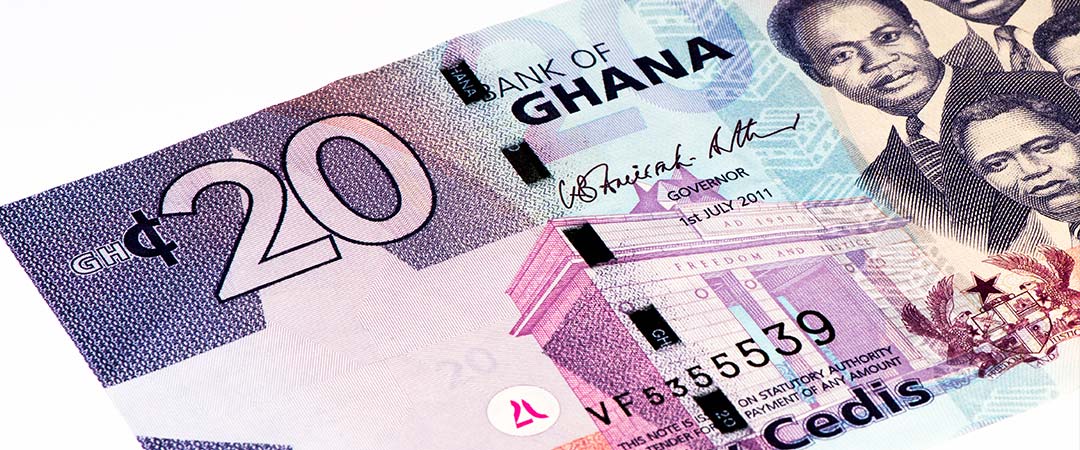The abundance of raw materials, continued economic growth and a simplified tax system encourages the entry of foreign investors in Ghana, who also have the opportunity to take advantage of other incentives and concessions.
In addition to these indicators there is another fact that has further attracted foreign companies to invest in Ghana: the low cost of labour. In Ghana, every worker is paid on average a fee of about 32 cents per hour, a figure that places the African state in third place with Pakistan and after Madagascar (18 cents) and Bangladesh (23 cents).
Many companies decide to invest in Ghana because of the cheap cost of work
The competitive cost thus allows large foreign entrepreneurs to limit production costs and maximize profits. Taxation acts a vital role in this process, because the economic policy of the Ghanaian government tends to encourage investments through a flexible tax system and not an oppressive one.
In fact, , to support the growth of the Economy, the Bank of Ghana decided in November 2016; to cut the interest rate by half (from 26% to 25.5%) and in recent years has managed to lower the rate of inflation, which rose to 10.5%.
Investing in Ghana can therefore prove to be a profitable choice, because the state encourages foreign capital inflows and tries to stem the increase in prices.
The average wage reflects an economic situation far from European standards: in one year, an executive of a multinational company in Ghana can earn a maximum of up to €26,000, an employee and a worker €4500 €3800.
Ghanian schooling rate is 74%. Government is investing in professional training
Labour force is abundant and according to the latest data, more than 60% of the workforce is employed in the agricultural sector which accounts for 30% of the GDP.
One of the great qualities of the Ghanaian people is their ability to learn quickly and the government and many employers have decided to invest resources in personnel training.
The rate of school attendance has grown to 74%, and the modernisation of the education system, coupled with the teaching of English (the official language of Ghana) will guarantee entrepreneurs who want to invest in Ghana an increasingly literate workforce.

